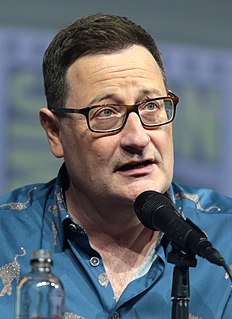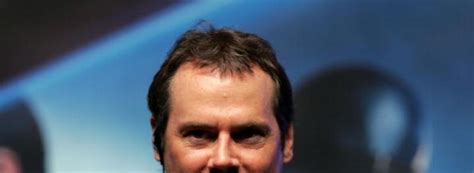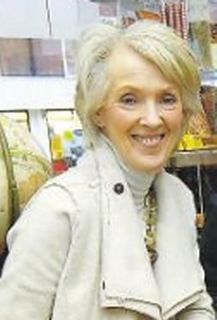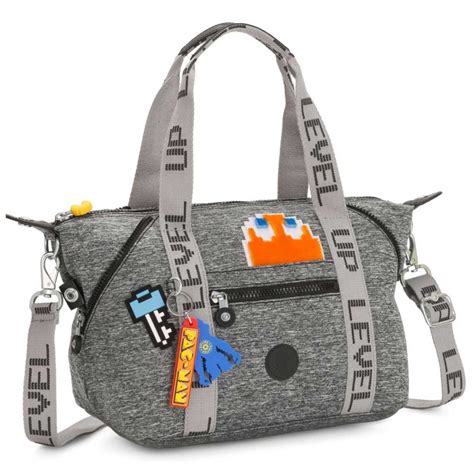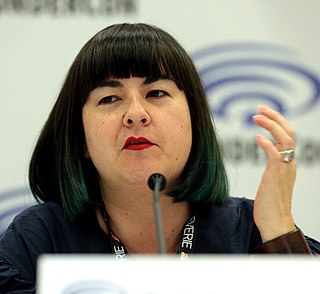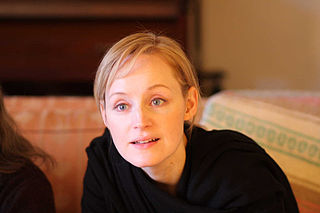A Quote by Chris Chibnall
Often what happens with the writing is that you know where you want to start and you know where you want to end, but the journey is never quite what you predict because the characters take on a life on their own.
Related Quotes
Even happy situations can easily start to feel miserable. So, I think that people who consider themselves sophisticated or who are in fact sophisticated have come to distrust stories that are uplifting or simply stories in which the characters get what they want in the end. Because in life, what you want is never the end.
Imaginary testing is unreliable, and in many cases, it's a huge waste of time and energy. In truth you just don't know what will happen until you try. You may start a business, and it could take off in ways no one could predict. Or it could be a complete failure. You could ask for a date and end up with the partner of your dreams. Or you could be rejected cold. It's great to visualize what you want, but you never really know what's going to happen until you act.
I don't know what people want, really. Does somebody have to die? What is meant by resolution? These are questions that I don't quite know what to do with. That being said, I did want the characters to be changed by the end of the book. But will what they've gone through alter their lives from this point forward, i.e. will they make different (better) choices? Probably not.
There's a certain amount of pressure that goes with writing superhero characters, especially characters that are beloved to audiences. You know that you're always writing into a certain amount of expectations and into an existing fandom, and I try to take the pressure of that in when I first accept a project and then I try to push it aside as much as possible and just focus on the story that I want to tell. It's definitely a little more pressure than writing something of your own, from your own brain, and creating those expectations from scratch. But I also like the challenge of it.
I hate outlines. I have a broad sense of where the story is going; I know the end, I know the end of the principal characters, and I know the major turning points and events from the books, the climaxes for each book, but I don't necessarily know each twist and turn along the way. That's something I discover in the course of writing and that's what makes writing enjoyable. I think if I outlined comprehensively and stuck to the outline the actual writing would be boring.
There are some films that you know will do well. Then there are others which have good stories that ought to be told. But because they are slightly risky, not everybody is willing to take that up. But I think it is important to take risks because at the end of the day, you want to explore new genres and new characters.
I don't know where the characters are going to go or what's going to happen. I know that something inevitable will happen. I know that they want certain things and they're in a certain room and they smell like this and they look like that. More often than not, an entropy creeps in that strangles me, and then the inevitable happens. I don't know if I have the ability to write an ending like My Fair Lady's, when everyone gets what they want after a few minor conflicts. If I tried to write that it would just be false. Or I'd have someone enter with a machine gun.
I'm the one not caring. I'm the one pretending the Earth isn't shattering all around me because I don't want it to be. I don't want to know there was an earthquake in Missouri. I don't want to know the Midwest can die, also, that what's going on isn't just tides and tsunamis. I don't want to have any more to be afraid of. I didn't start this diary for it to be a record of death.
